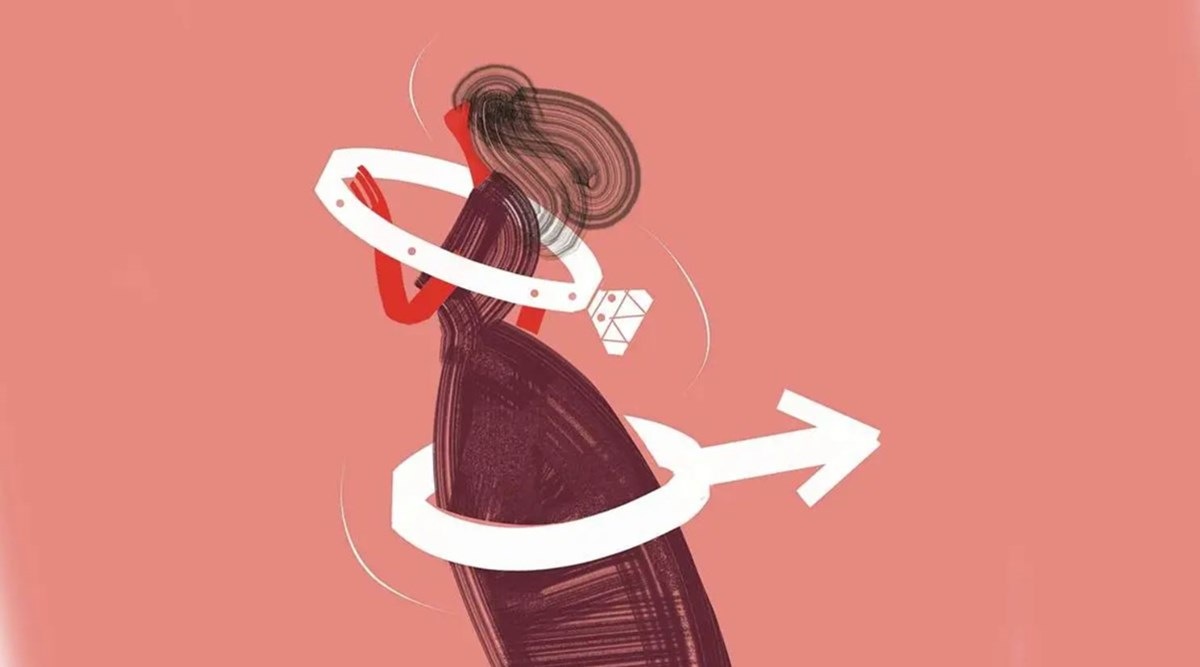 Women don’t need to be gender-qualified for the roles they play, the attitudes they embody or the personality they become. They certainly don’t need words that sound encouraging but imply that they finally deserve something.
Women don’t need to be gender-qualified for the roles they play, the attitudes they embody or the personality they become. They certainly don’t need words that sound encouraging but imply that they finally deserve something. It is bandied about like a miracle mantra for righting all wrongs, but the term “women empowerment” itself sounds disempowering at best, a condescension at worst. Women don’t need to be empowered, they are the power. And that, in long-held patriarchal hierarchies, takes time to manifest itself, working its way up like a trellis through gaps called opportunities. Empowerment robs the woman of her agency and seems like a charitable gift bestowed by the man or society at large. The assumption being that had they not considered her worthy enough of attention, she would not get there. The woman then seems like the recipient of favours and is expected to be grateful for a good turn done by somebody else.
Last week, British-Iranian aid worker Nazanin Zaghari-Ratcliffe understood this the rather hard way. After a long-drawn series of diplomatic efforts, Zaghari-Ratcliffe arrived in the UK from Iran after six years of incarceration. She was ostensibly picked up for spying, but Iranians used her as a bargaining chip to extract something from the UK. All she did on her return was protest against being used as a tool of British diplomacy and ask why she couldn’t have been brought home much earlier. Expected to be demure and thankful to the authorities for negotiating her release, she was trolled for being “ungrateful” and for questioning her “saviours”.
So, what is it that had everybody gunning for her? For one, she said it like it is, implying that her release was delayed to prolong negotiations over the UK’s repayment of a 400 million-pound debt it owed to Iran. Two, she contradicted her husband Richard, who thanked the British government for getting his wife home. “What’s happened now should have happened six years ago,” she thundered. Third, she spoke her piece looking good, neatly turned out, bright nails and all, looking every bit the fighter than the victim. And although former foreign secretary Jeremy Hunt said that Zaghari-Ratcliffe didn’t owe anybody gratitude but the system owed her an explanation, she was judged, shamed and abused for not conforming to the stereotype that is so casually handed out to women to wear. A poster unbelievably read, “BTW – wish I looked that good when I am ‘broken’. #sendherback.” Some even lambasted her for allowing herself to be caught, by “stupidly” travelling to a hostile country in the first place.
Everybody forgot that while she stood free on a podium, she fervently appealed that other political prisoners be freed from Iran. She just reminded everybody that she was grateful that her imprisonment had given her an opportunity to understand their plight, that civilised London society was ungrateful to those in captivity, who provided them daily fodder to rant against injustice at global high tables.
Zaghari-Ratcliffe reminded us of many of other unthoughtful words that we like to “empower” women with. Some of them are “woman boss” or “bosswoman”, making her look like a sub-species of bosses and somehow less capable or different. If she is too “bossy”, then you undermine her original vision as being unrealistic and impractical. Then there’s “mompreneur.” The maternal traits in a woman certainly don’t make her different from any other aggressive entrepreneur. Besides prefixing “mom” makes her look cutesy and needy for some serious consideration because she has fulfilled her primary social responsibility to the human race by birthing and raising a child. It is about under-cutting her self-worth, definitely not enabling it. And the one we get routinely is, “She’s a strong woman.” Next time you say that to anyone, remember that she appears so because she has run out of options in life. Women don’t need to be gender-qualified for the roles they play, the attitudes they embody or the personality they become. They certainly don’t need words that sound encouraging but imply that they finally deserve something.
The word gratitude is derived from the Latin word gratia, which means grace, graciousness or gratefulness depending on the context. Today’s context demands that we be gracious. Not only to Zaghari-Ratcliffe but to all women out there.
- The Indian Express website has been rated GREEN for its credibility and trustworthiness by Newsguard, a global service that rates news sources for their journalistic standards.

